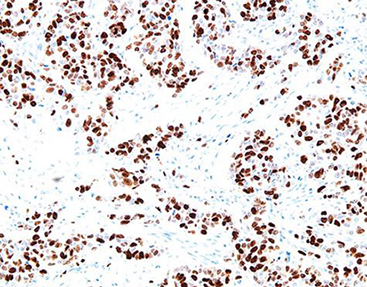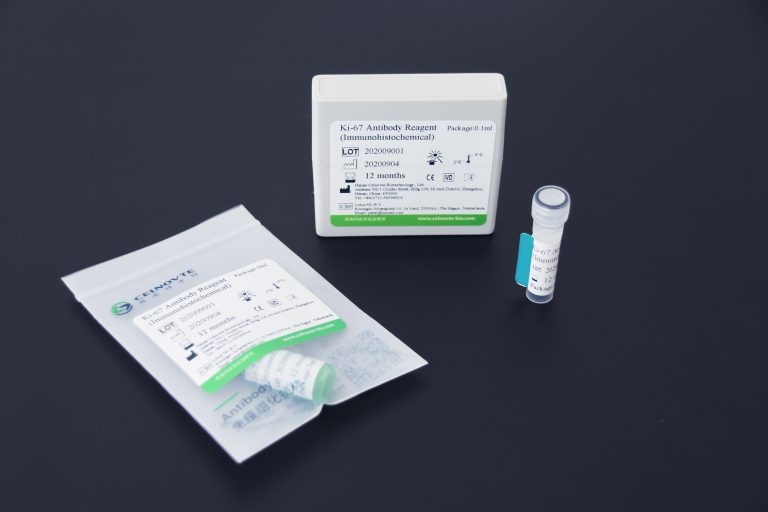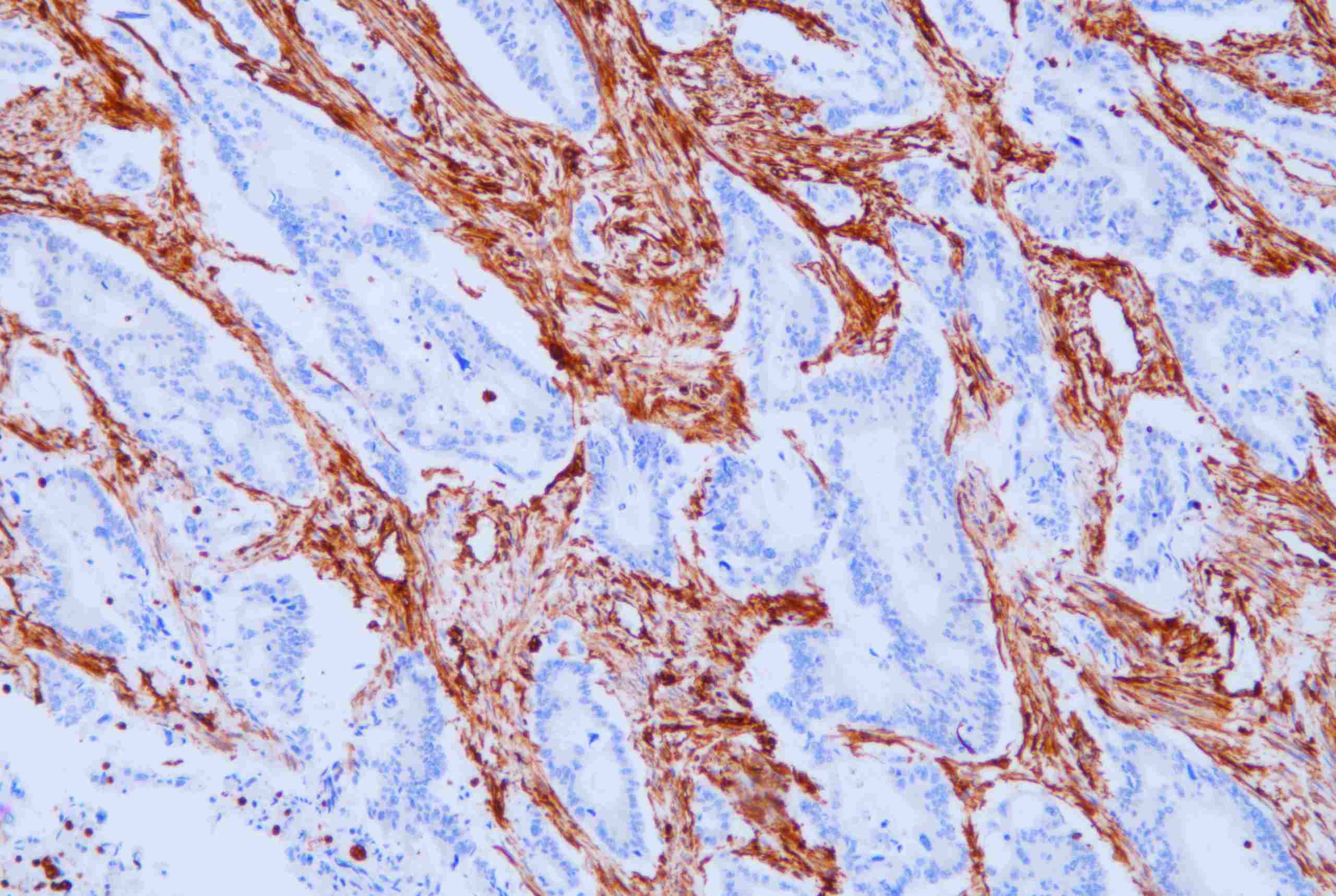What Causes Primary Antibody Deficiency? Symptoms and Treatment Guide

Our immune system operates without rest, a quiet protector shielding us from an ongoing assault of viruses, bacteria, and other invaders. At the core of this protection are antibodies. These are special proteins that spot and disable threats. But what occurs when this basic protection system is impaired? This is the situation for people with Primary Antibody Deficiency (PAD). It refers to a set of genetic disorders that weaken the body’s capacity to make effective antibodies.
Grasping this condition marks the initial phase toward handling it. This overview will guide you through the causes, symptoms, and treatments for PAD. At the same time, it will highlight the key diagnostic methods that enable correct identification.
Understanding Primary Antibody Deficiency (PAD)
What Are Primary Antibodies (Immunoglobulins)?
In a medical setting, “primary antibodies” usually point to the body’s own antibodies, also called immunoglobulins (Ig). These proteins—such as IgG, IgA, and IgM—serve as the main fighters of the immune system. They flow in our blood and come from plasma cells (a form of B-cell). Their role is to aim at and attach to foreign threats, labeling them for removal.
Defining Primary Antibody Deficiency
Primary Antibody Deficiency is a kind of Primary Immunodeficiency (PI) where the body fails to create enough quantity or standard of these immunoglobulins. Unlike secondary deficiencies triggered by elements like drugs or other ailments, PAD is inherent and generally genetic. According to some studies, which draw from data outside the given sources, PIs might impact as many as 1 in 1,200 to 1 in 2,000 individuals. Among them, PADs stand as the most frequent type. This shortage makes people very prone to repeated and serious infections.
Causes and Symptoms of PAD
The Genetic Roots of PAD
Most PAD cases stem from genetic changes. These changes can disrupt the growth and role of B-cells. Such cells are the immune elements in charge of turning into antibody-making plasma cells. Since it is passed down, a family record of primary immunodeficiency can act as a major risk element.
Recognizing the Warning Signs
The main sign of PAD is a trend of repeated infections. These are not mere usual colds. Instead, they often prove more intense, longer in duration, and tougher to handle. Main indicators include:
• Repeated sinus, ear, and lung infections (pneumonia, bronchitis).
• Severe infections from otherwise safe bacteria.
• Weak reaction to antibiotics.
• Ongoing stomach issues.
• Higher chance of getting certain autoimmune problems and cancers.
The Crucial Role of Diagnostics in PAD Management
Initial Diagnosis and Screening
Identifying PAD often starts with blood checks that gauge the amounts of various immunoglobulins. Reduced levels of one or more antibody types signal the condition strongly. Physicians might also examine the body’s response to vaccines. This helps determine if it can generate specific antibodies well.
The Power of Immunohistochemistry (IHC) in Differential Diagnosis
While blood checks verify an antibody shortage, a fuller probe is frequently required. This holds true especially when issues like autoimmune diseases or lymphomas arise. Here, pathology and sophisticated lab methods turn vital. Immunohistochemistry (IHC) is a strong diagnostic approach used to show the existence and location of certain proteins in a tissue specimen. In terms of immunodeficiencies, IHC aids pathologists in reviewing lymph node or bone marrow samples. It allows them to evaluate the B-cell group or spot unusual cells.
This method depends on a separate type of “primary antibody”—a precisely crafted, lab-made antibody served as a reagent to find a target protein (antigen) in the tissue. The accuracy of this diagnostic check relies fully on the standard of the primary antibody applied.

Celnovte: Empowering Accurate Diagnostics with Advanced Tools
At Celnovte, we focus on supplying the top-standard tools that clinical and research labs count on for correct and dependable diagnostics. We recognize that an exact diagnosis forms the base of successful patient support.
High-Performance Primary Antibodies for Unwavering Reliability
Our collection of primary antibodies for IHC is built for outstanding detail and responsiveness, guaranteeing sharp, steady outcomes. These are not the antibodies your body creates. Rather, they are exact instruments for pathologists. Each antibody is developed to focus on the main biomarkers that prove essential for differential diagnosis in oncology and pathology.
For instance, our list features vital markers such as:
• Ki-67 (C3G4), MMab: A mouse monoclonal antibody applied to determine the growth portion of a cell group, which is crucial in cancer prognosis.
• HER2 (C1F7), MMab: A mouse monoclonal antibody key for directing focused therapy in breast cancer diagnostics.
• CD63 (NK1/C3), MMab: A mouse monoclonal antibody used in diverse research and diagnostic tasks to recognize certain cell kinds.
• Vimentin(V9),MMab: A mouse monoclonal antibody that assists in spotting mesenchymal cells.
The dependability of these markers ensures that pathologists can issue assured evaluations. This becomes critical when exploring the intricate cellular setup of a patient with weakened immunity.

Integrated Workflow: From Tissue Sectioning to Automated Staining
An antibody’s output is only as solid as the setup it operates in. Celnovte offers a full, combined solution for the present-day histology lab. Our automated IHC Stainers are crafted to provide uniform and improved staining steps, cutting down on human mistakes and securing repeatability.
Moreover, the process kicks off with a well-prepared tissue slide. Our array of histology devices, including microtomes (for slicing) and H&E Stainers (for basic staining), confirms that the tissue structure stays well-kept. This supplies the perfect base for our IHC primary antibodies to yield a distinct and precise diagnostic view.
Managing and Treating Primary Antibody Deficiency
Common Treatment Approaches
Once identified, PAD is a condition that can be controlled. The chief treatment is Immunoglobulin Replacement Therapy (IGRT). This requires routine infusions of donated immunoglobulins, either through veins (IVIG) or under the skin (SCIG). The goal is to supply the patient with the antibodies they cannot make on their own. Preventive antibiotics might also be recommended to stop infections.
Conclusion
Primary Antibody Deficiency stresses the deep value of a working immune system. It also points to the urgent need for correct diagnostics when matters falter. From starting checks to detailed tissue review, each phase depends on reliable tools.
Celnovte stays dedicated to aiding labs in this important effort. By supplying a broad system of top-quality primary antibodies, automated IHC stainers, and a complete set of histology instruments, we enable pathologists and researchers to reveal the insights concealed in the cells.
To discover more about our IHC options and how they can boost the precision and speed of your lab, check our product list or reach us today at info@celnovte.com or +1-4012094076.
FAQ
Q: What is the difference between the body’s primary antibodies and primary antibodies used in a lab?
A: In the body, “primary antibodies” (immunoglobulins) are proteins your immune system makes to fight infection. In a lab, a “primary antibody” is a highly specific reagent used in tests like IHC to detect a specific protein in a tissue sample.
Q: Is Primary Antibody Deficiency contagious?
A: No, it is not contagious. It is an intrinsic disorder, most often caused by genetic mutations.
Q: Why is a high-quality primary antibody important for diagnosis?
A: A high-quality primary antibody binds only to its intended target (high specificity) and provides a strong signal (high sensitivity), preventing false results and leading to a more accurate diagnosis.


